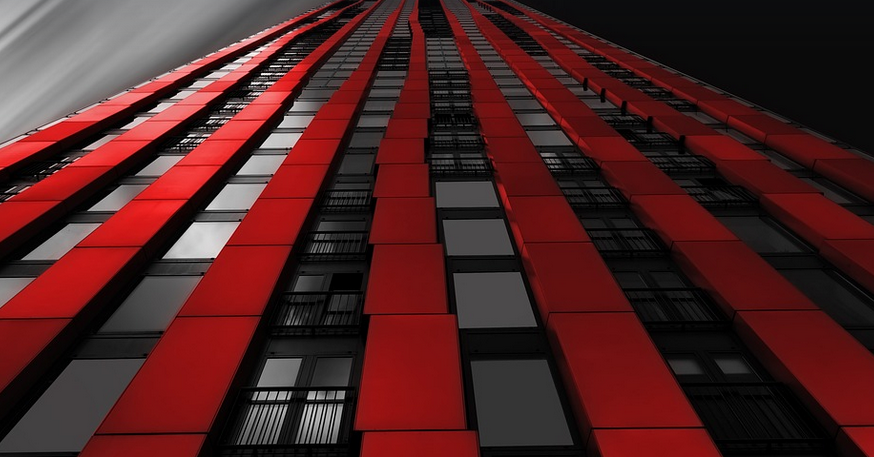What Exactly Are Blacktop and Asphalt?
We all know blacktop, that smooth, dark stuff we see on roads, but have you ever wondered what exactly it is? Well, blacktop is just another name for a type of asphalt, specifically the one coated with oil to make it extra durable. It’s essentially a thicker version of regular asphalt.
Asphalt, on the other hand, is the material used in road construction. It’s made from crushed rock and bitumen (a sticky binder) that holds everything together. When you apply heat, this mixture becomes flexible and solidifies into a strong, durable surface.
Think of asphalt as the foundation for blacktop – it’s like the skeleton, providing the basic structure. Blacktop is just one specific type of asphalt made with extra oil to enhance its wear resistance and longevity.
The Difference in Construction: A Deeper Dive
Asphalt is a very versatile material that can be mixed and molded into different forms. By varying the amount of filler materials used, you can create asphalt tailored to specific requirements. For example, roads need a strong base layer, while playgrounds might call for softer, more flexible asphalt.
Blacktop is a bit more straightforward in its construction. It’s typically applied as an even coating over the surface of the asphalt mixture, requiring less shaping and molding.
Think about it: if you were to build a car park from scratch, you could either choose for a smoother, more durable blacktop base or for a rougher, unevenly shaped asphalt floor.
Blacktop is known for its smooth surface and durability, but its construction process requires specialized knowledge and equipment. It’s often the preferred choice for high-traffic areas like car parks and driveways because it’s much easier to maintain and clean than a rougher asphalt surface.
Blacktop vs. Asphalt: A Matter of Choice
While both blacktop and asphalt are used in road construction, they have varying applications due to their unique properties. Blacktop is often preferred for roads and parking lots because it’s smoother and more durable than asphalt. It also features a stronger finish that can withstand heavy traffic.
Asphalt is known as a general-purpose material and can be found in various applications, from driveways and small pathways to larger scale projects like building foundations. It offers a cost-effective solution for road construction due to its versatility.
A Closer Look at the Pros and Cons
Choosing between blacktop and asphalt depends on your specific needs and budget. Here’s a quick breakdown of their pros and cons:
**Blacktop (Asphalt):**
- **Pros:** Durability, smoother surface, longer lifespan, easier maintenance.
- **Cons:** More expensive than asphalt, can be more challenging to repair.
**Asphalt:**
- **Pros:** Cost-effective, versatile, easy to work with, good for small projects and construction.
- **Cons:** May not be as durable as blacktop, rougher surface can require more maintenance.
The Verdict: Choosing the Right Material
Ultimately, the best choice between blacktop and asphalt depends on your individual needs, project size, budget, and desired aesthetic. If you’re looking for a durable and long-lasting material that can withstand heavy traffic, blacktop is an excellent choice. If you’re focused on cost-effectiveness or have unique design requirements, then asphalt might be the better option.
Whether you’re building a car park or just adding a driveway to your home, understanding the fundamental differences between blacktop and asphalt will help you make the best decision for your project.
And remember: if you’re unsure which material to choose or need expert advice on construction, don’t hesitate to reach out to professionals in the field. They can guide you towards the optimal solution based on your specific needs and preferences.
